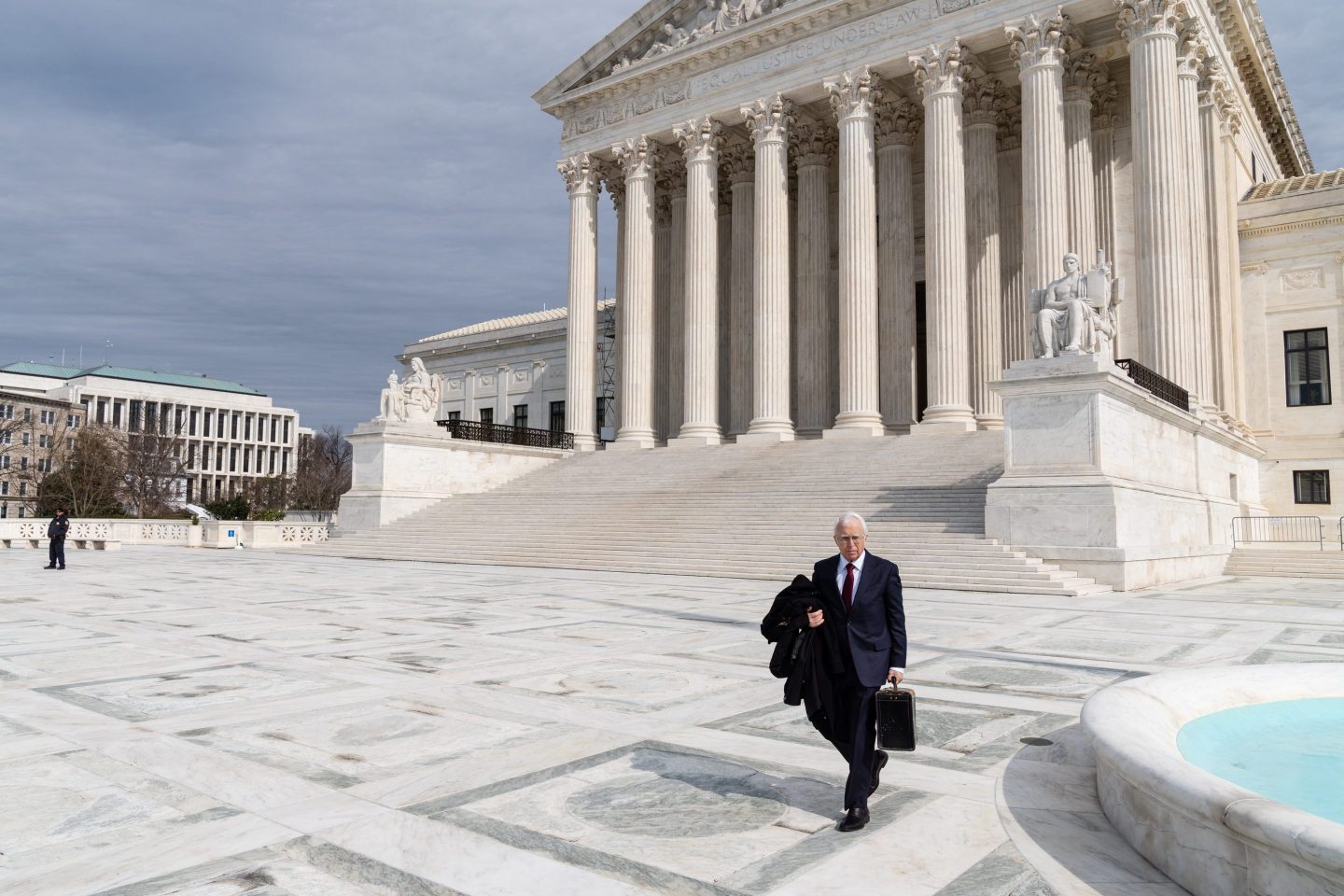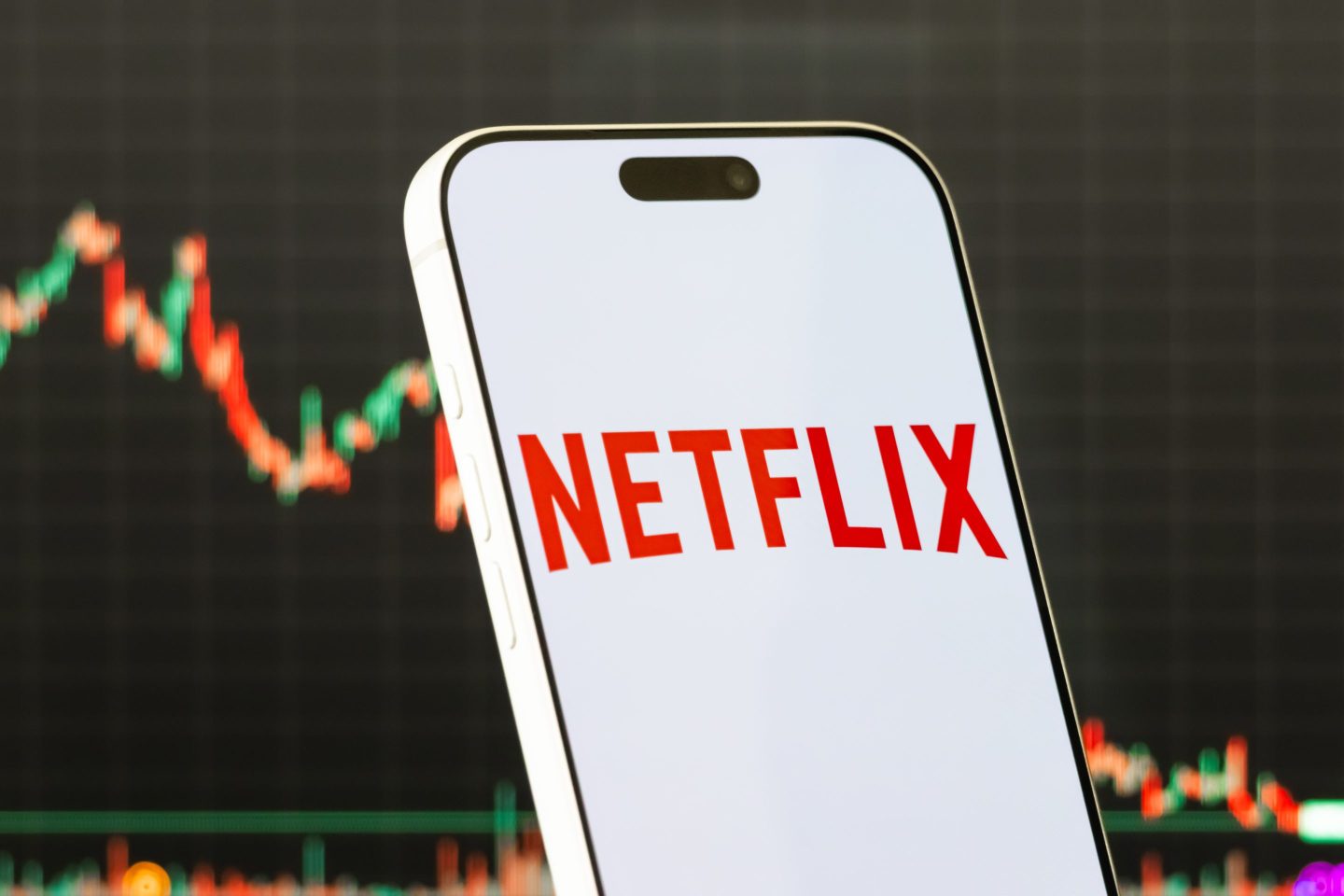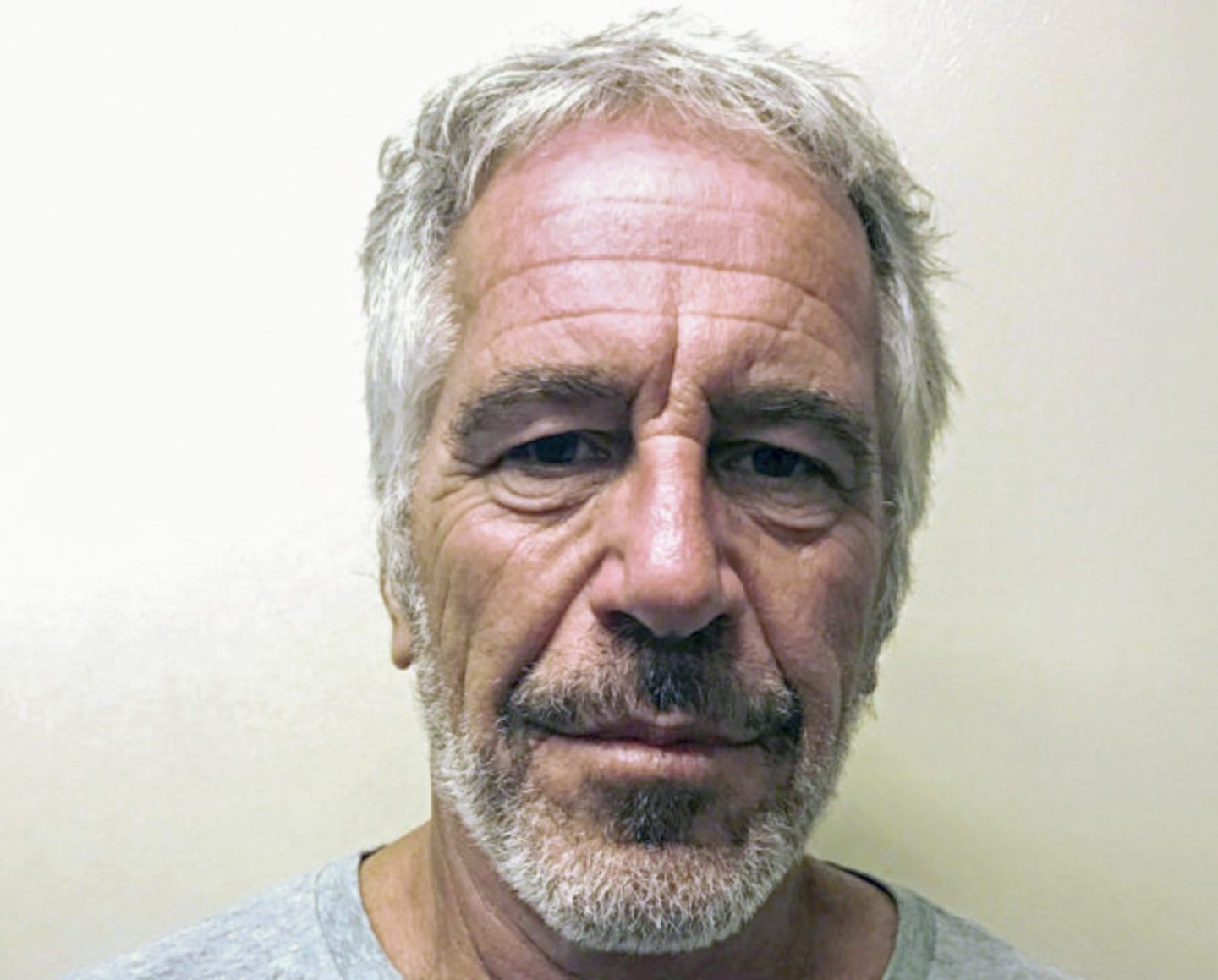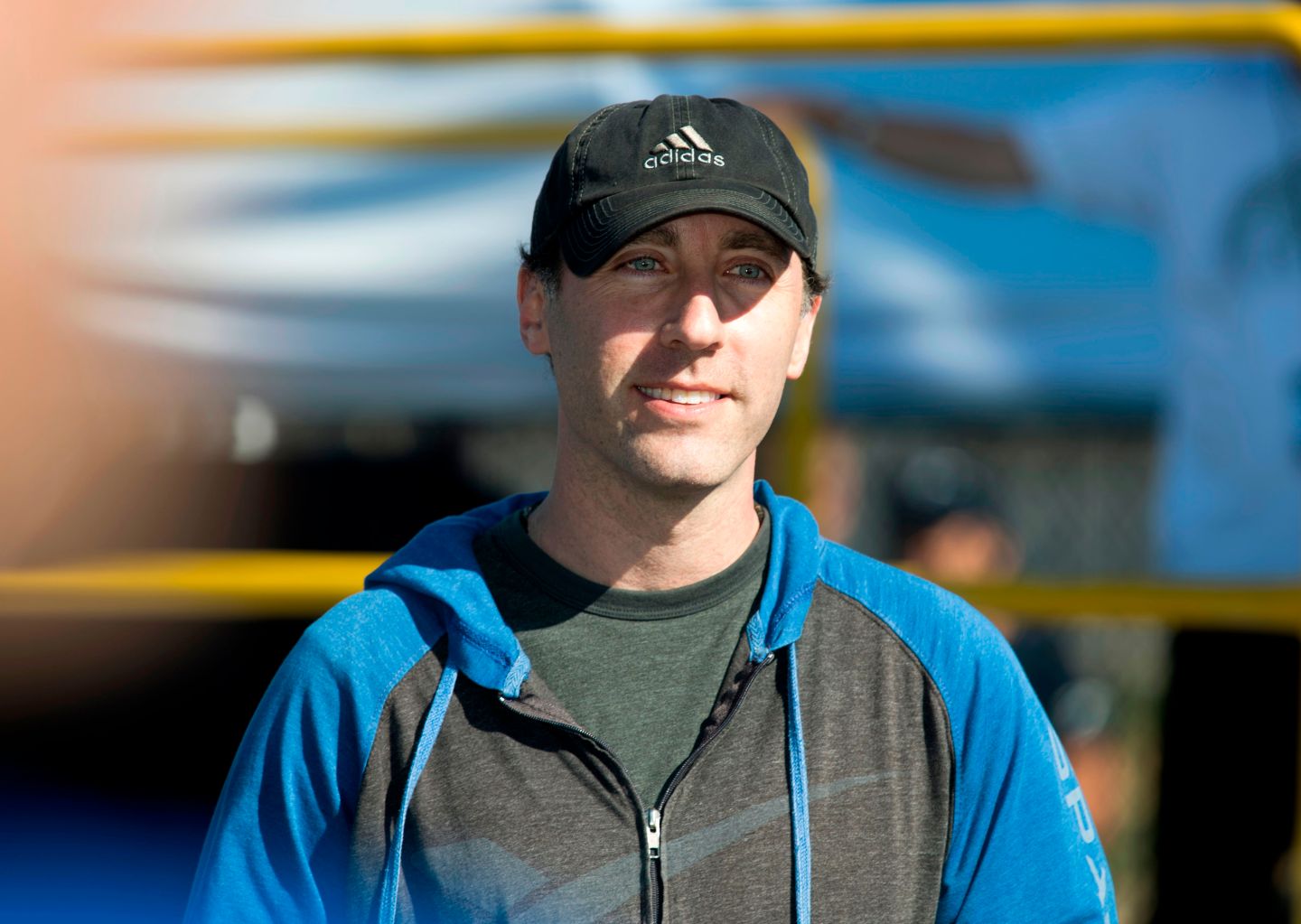The Supreme Court seemed skeptical Wednesday of a lawsuit trying to hold social media companies responsible for a terrorist attack at a Turkish nightclub that killed 39 people.
During arguments at the high court several justices underscored that there was no evidence linking Twitter, Facebook and Google directly to the 2017 attack on the Reina nightclub in Istanbul. The family of a man killed in the attack says the companies aided and abetted the attack because they assisted in the growth of the Islamic State group, which claimed responsibility for the attack. A lower court let the lawsuit go forward.
What the court does with Wednesday’s case and a related one it heard a day earlier is important, particularly because the companies have been shielded from liability on the internet, allowing them to grow into global giants.
If the court bars the lawsuit involving the attack in Turkey from going forward it could avoid a major ruling on the companies’ legal immunity. That outcome would leave the current system in place, but also leave open the possibility that the justices could take up the issue again in a later case.
Justice Amy Coney Barrett was among the members of the court who suggested that the suit against the companies lacks the kind of facts required under a federal anti-terrorism law to hold platforms responsible.
Barrett suggested that a lawsuit against a company such as Twitter would need to have more, such as direct messages, comment threads or other evidence that the platform was being used to coordinate activities for a terrorist attack, “not just general recruitment or radicalizing people.”
Justice Neil Gorsuch, participating remotely for a second straight day because of illness, said he was having difficulty with the argument of a lawyer for the family of Nawras Alassaf, who was killed in the nightclub attack. Gorsuch told lawyer Eric Schnapper that he was “struggling with how your complaint lines up with the three requirements of the statute” that the companies knowingly helped a person commit a terrorist act.
The justices seemed more willing to accept the arguments of a lawyer for Twitter, Facebook and Google, Seth Waxman. At one point during two and a half hours of arguments, Justice Sonia Sotomayor told Waxman to help her sketch out what an opinion would look like if the court ruled for his clients. “Write it for me,” she said.
Justice Brett Kavanaugh summarized Waxman’s argument this way: “When there’s a legitimate business that provides services on a widely available basis … it’s not going to be liable under this statute even if it knows bad people use its services for bad things.”
Seeming to agree with that idea, Justice Samuel Alito suggested that it would be outlandish if telephone companies were held responsible for criminal activity of people using their phones. What if, he said, the phone company “knows that a particular person is — has a criminal background and is probably engaging in criminal activity and is using the phone to communicate with other members of that person’s gang. Is that aiding and abetting the crimes that they commit?”
The law the case involves is the Justice Against Sponsors of Terrorism Act, which allows Americans injured by a terrorist attack abroad to sue for money damages in federal court.
A decision in the case — Twitter v. Taamneh, 21-1496 — is expected by the end of June before the court recesses for its summer break.
Learn how to navigate and strengthen trust in your business with The Trust Factor, a weekly newsletter examining what leaders need to succeed. Sign up here.












